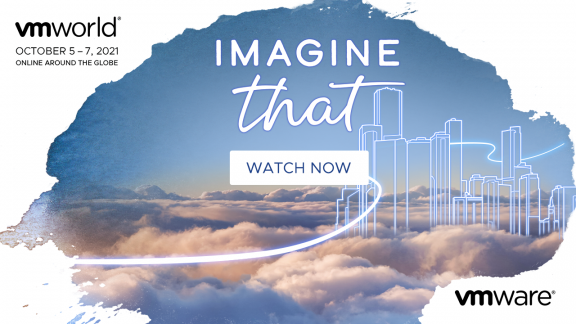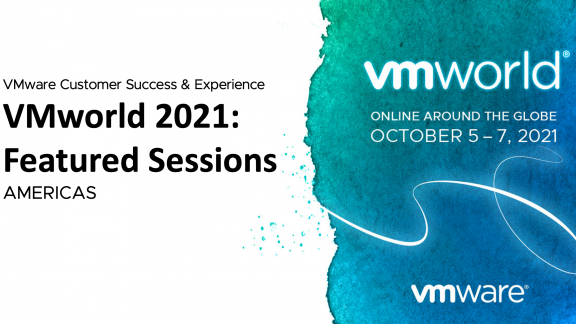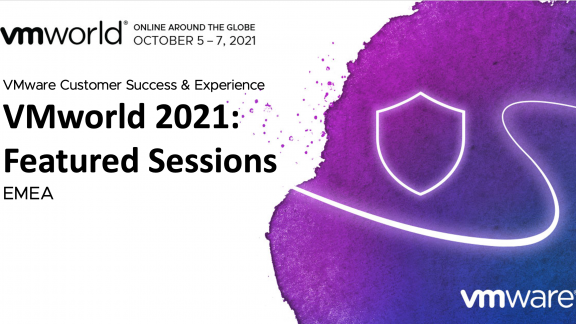Last week, we held another successful #CloudOpsChat, this time asking: “To Automate or Not to Automate?” Thank you to everyone who participated in the lively conversation, and especially to our two co-hosts, Cloud Operations Architects Andy Troup (@HarrowAndy) and David Crane (@DaveJCrane)!
To start things off, we asked, “How do you define automation?”
Our co-hosts jumped in first, with @HarrowAndy stating, “automation = stop doing repeatable tasks,” and @DaveJCrane remarking on how he asked the same question during a group discussion at VMworld and received 50 different answers from 50 different people in the room! In addition, the notion that automation implies the removal of manual work was a prominent theme, with @Seemaj, @AngeloLuciani, @tcrawford and @KongYang agreeing that automation means less, or no, human intervention (see Pierre Moncassin’s take on that here).
Next, the conversation moved on to the importance of defining automation within the context of your business.
@DaveJCrane began by adding a layer to the definition, suggesting that it is “important to consider the definition of automation in context of the business environment, not just process focus.” @tcrawford agreed with David, specifying a difference between the what/why of automation, as well as the how/when. @HarrowAndy built upon @tcrawford’s response, adding that there must always be a benefit to what you’re automating, and that there is “no point automating something you only do infrequently.”
@Seemaj then brought up the cost of automation, agreeing with @tcrawford that: “There is a cost to automation, and the business drives those decisions.”
@AngeloLuciani stated that “automation drives business value,” and @tcrawford stirred the pot, replying “sometimes it can, not always.” @HarrowAndy then brought up the importance of weighing automation’s benefits with its costs, with @KongYang, @AngeloLuciani and @Seemaj adding that two of the biggest benefits to automation are limiting human mistakes and delivering services faster. @Gnowell1 emphasized automation’s goal of promoting reliable service delivery, saying “time consuming, complex tasks should also be considered for automation.”
After that, @KalraRohan asked, “What’s driving everyone to move towards automation?”
@VmwDavidH immediately offered VMware’s use case for automation: “For us, we have cut our dev environment provisioning time down from weeks to hours.” @Seemaj noted business agility as her main reason, with @AngeloLuciani saying that automation is a “building block” towards the software-defined datacenter (SDDC). @DaveJCrane agreed, adding that “[automation] is always good to implement as part of a larger ops transformation.”
@KalraRohan then asked, “What are the operational impacts of automation? What are best practices?”
@HarrowAndy, @VmwDavidH and @AngeloLuciani all agreed that a set of orchestration tools was essential in driving the success of automation. @GNowell1 suggested a key benefit that automation provides to a business: “SDDC automation promotes Ops standards. Administrators spend more time on higher level responsibilities.” And @DaveJCrane elaborated further on automation’s ability to shift ops’ focus: “Automating allows you to put more emphasis on the workflow/approval process.”
To close out this #CloudOpsChat, @HarrowAndy asked: “So what have you all automated? Is it just provisioning activities, or are there other things?”
@AngeloLuciani and @Gnowell1 had both started with provisioning and said they were looking for the next step in automation. @CloudOpsVoice stated that provisioning was a great start and great use-case for the ‘run’ side of automation, with @tcrawford adding “iterative automation is all about value.” He continued by saying that knowing what to automate next comes with “experience, and asking questions.” @Seemaj agreed, and emphasized that automation touches all aspects of a company: “Automation is not just about provisioning/tools/scripts…and it does not always have measurable outcomes. Sometimes benefits are soft benefits, e.g. improved user experience.”
Our #CloudOpsChat wrapped up with a positive outlook on the future of automation, with @AngeloLuciani tweeting “automation will be a major skill for next gen IT staff.” As automation progresses, companies will experience “less firefighting in operations and more time spent on working with the business,” suggested co-host @HarrowAndy.
Thanks again to everybody who participated in this latest #CloudOpsChat, and stay tuned for details of our next #CloudOpsChat!
In the meantime, feel free to tweet us at @VMwareCloudOps with questions or feedback, and join the conversation by using the #CloudOps and #SDDC hashtags.




